POSTCARD TYPES : Chromolitho
This process involved using many metal and stone plates. Each plate contained various different parts of the design used with a range of coloured inks. These were printed in series to create an image with many tones, shades and textures.The resulting postcards are extremely vivid in colour and often include embellishments of gold ink and embossing.
Almost exclusively produced in the German states. These cards are of superb printing quality. Their occurence in the UK as with other German produced cards ceased abruptly after the outbreak of World War One and less elaborate printing methods were more commonly seen.

Chromolitho Christmas greetings with gold ink additions c1908
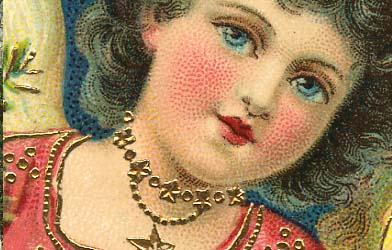
..detail of above postcard
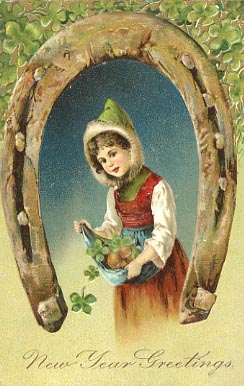
Embossed Chromolitho greetings card 1905

..detail shows no sign of dot screen - just an assortment of rich ink colours
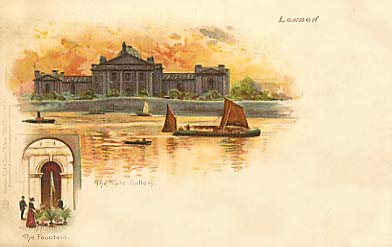
A Tuck's view postcard posted 1903. Designed in England
'Chromographed' in Saxony'.
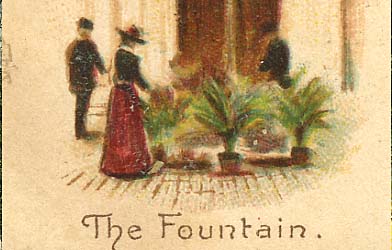
..detail. These cards had large quantities of ink applied which dried slowly and often caused them to stick together.
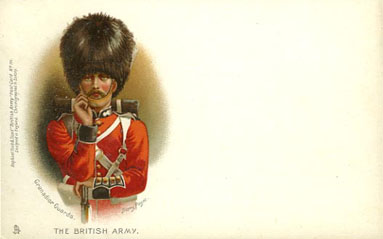
Much of Raphael Tuck's early cards were Chromolitho. This example an undivided back / vignette card c.1900 ' Chromographed in Saxony'
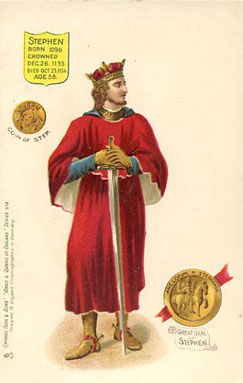
Another Raphael Tuck's postcard were.
This example c.1910 'Chromographed in Germany'
